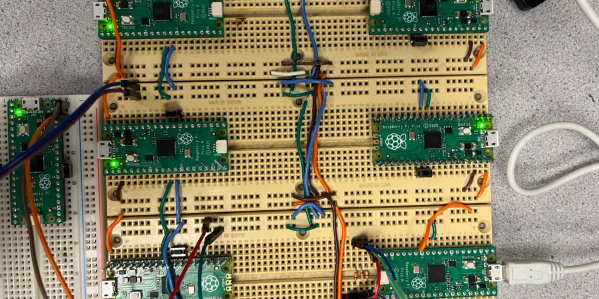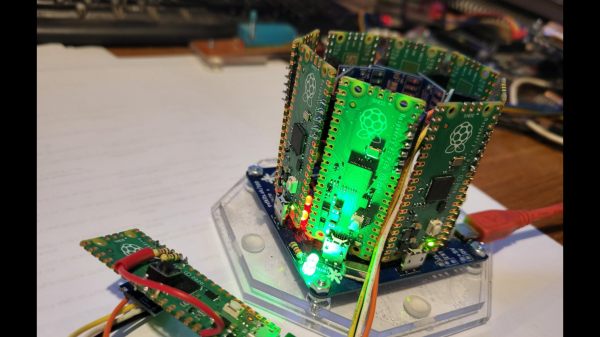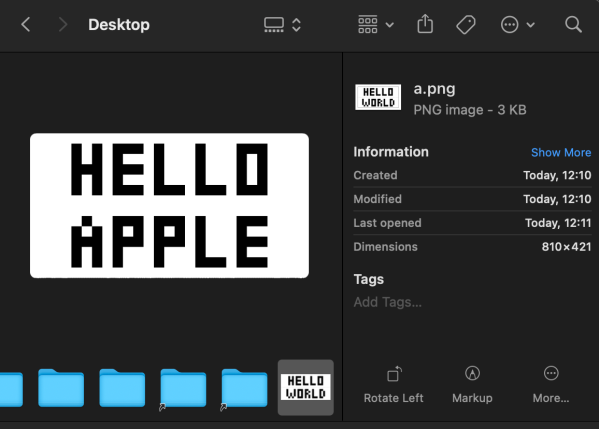Until the late 1990s, the concept of a 3D accelerator card was something generally associated with high-end workstations. Video games and kin would run happily on the CPU in one’s desktop system, with later extensions like MMX, 3DNow!, and SSE providing a significant performance boost for games that supported them. As 3D accelerator cards (colloquially called graphics processing units, or GPUs) became prevalent, they took over almost all SIMD vector tasks, but one thing that they’re not good at is being a general-purpose parallel computer. This really ticked [Raph Levien] off and it inspired him to cover his grievances.
Although the interaction between CPUs and GPUs has become tighter over the decades, with PCIe in particular being a big improvement over AGP and PCI, GPUs are still terrible at running arbitrary computing tasks, and even PCIe links are still glacial compared to communication within the GPU and CPU dies. With the introduction of asynchronous graphic APIs this divide became even more intense. [Raph]’s proposal is to invert this relationship.
There’s precedent for this already, with Intel’s Larrabee and IBM’s Cell processor merging CPU and GPU characteristics on a single die, though both struggled with developing for such a new kind of architecture. Sony’s PlayStation 3 was forced to add a GPU due to these issues. There is also the DirectStorage API in DirectX, which bypasses the CPU when loading assets from storage, effectively adding CPU features to GPUs.
As [Raph] notes, so-called AI accelerators also have these characteristics, with often multiple SIMD-capable, CPU-like cores. Maybe the future is Cell after all.

















